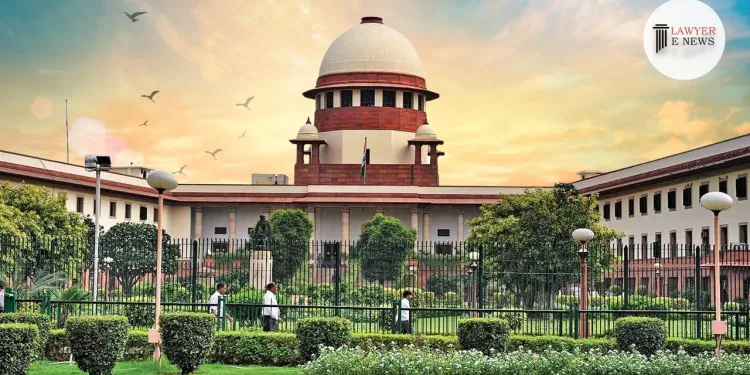Reliability Charge Imposed by MSEDCL Lacked Statutory Basis, Rendering It Unlawful: Supreme Court

On May 17, 2024, the Supreme Court of India delivered a significant judgment dismissing the appeal filed by Maharashtra State Electricity Distribution Co. Ltd. (MSEDCL) against the order of the Appellate Tribunal for Electricity. The Tribunal had previously set aside the imposition of reliability charges on bulk consumers, such as M/s JSW Steel Ltd., ruling that the charges lacked a statutory basis under the Electricity Act, 2003.
Court Observations and Views:
Validity of Reliability Charges: The Supreme Court scrutinized the legality of the reliability charges levied by MSEDCL on continuous process industries. The bench, comprising Justices Abhay S. Oka and Ujjal Bhuyan, upheld the Tribunal’s findings that these industries, which already paid higher tariffs for uninterrupted power supply, should not be subjected to additional reliability charges. “The tariff for HT continuous industries was already higher than that for non-continuous industries, adequately compensating the appellant for providing continuous supply,” the court noted.
Higher Tariffs for Continuous Process Industries: The judgment emphasized that continuous process industries, such as M/s JSW Steel Ltd., were already paying tariffs significantly higher than non-continuous industries. The Tribunal had observed that effective from June 1, 2008, the tariffs for continuous industries were 4.30 paisa per kWh compared to 3.95 paisa per kWh for non-continuous industries, which further increased from August 1, 2009, to 5.05 paisa per kWh and 4.60 paisa per kWh, respectively.
Statutory Basis and Public Participation: The Supreme Court concurred with the Tribunal’s interpretation that neither the Electricity Act, 2003, nor the regulations framed thereunder supported the levy of a reliability charge. Furthermore, the court dismissed MSEDCL’s argument that non-participation by the respondent in the public hearing equated to consent for the charges. “Section 111 of the Electricity Act, 2003, entitles any aggrieved person to appeal against the Commission’s order, irrespective of their participation in the public hearing,” the court clarified.
Legal Reasoning:
The bench reiterated that the imposition of additional charges must be rooted in statutory provisions and regulatory frameworks. “The reliability charge imposed by MSEDCL lacked any statutory or regulatory basis, rendering it unlawful,” the court stated. The Tribunal’s decision, which noted the objections raised by Vidharba Industries Association (to which M/s JSW Steel Ltd. belongs), was found to be legally sound and factually accurate.
Justice Abhay S. Oka remarked, “The imposition of reliability charges on industries already subjected to higher tariffs is both redundant and legally unsustainable. The statutory framework does not support such charges, and any deviation from established tariffs must have a clear legislative backing.“
Decision: The Supreme Court’s decision to dismiss MSEDCL’s appeal reinforces the legal safeguards against arbitrary financial impositions on consumers. This judgment not only upholds the Tribunal’s order but also underscores the judiciary’s role in ensuring that regulatory bodies adhere strictly to statutory mandates. The ruling is expected to have a significant impact on future cases involving the imposition of additional charges on electricity consumers, especially continuous process industries.
Date of Decision: May 17, 2024
Maharashtra State Electricity Distribution Co. Ltd. v. M/s JSW Steel Ltd. & Anr.





